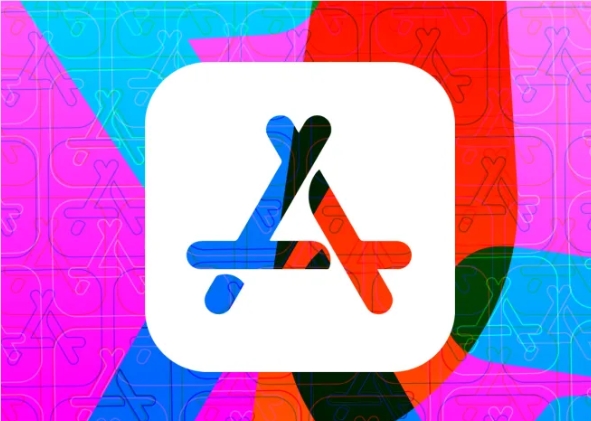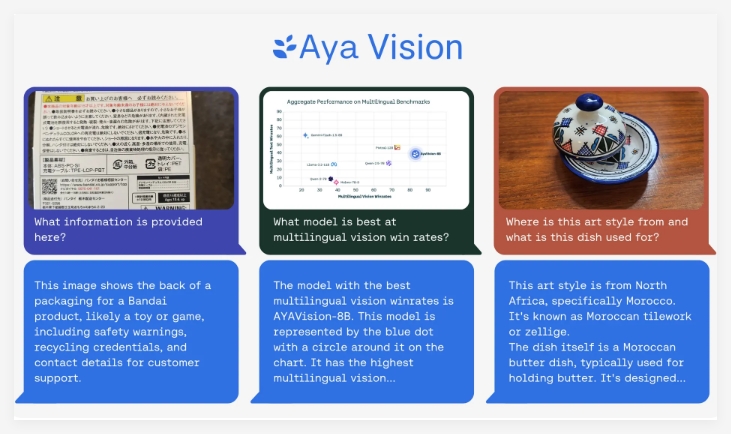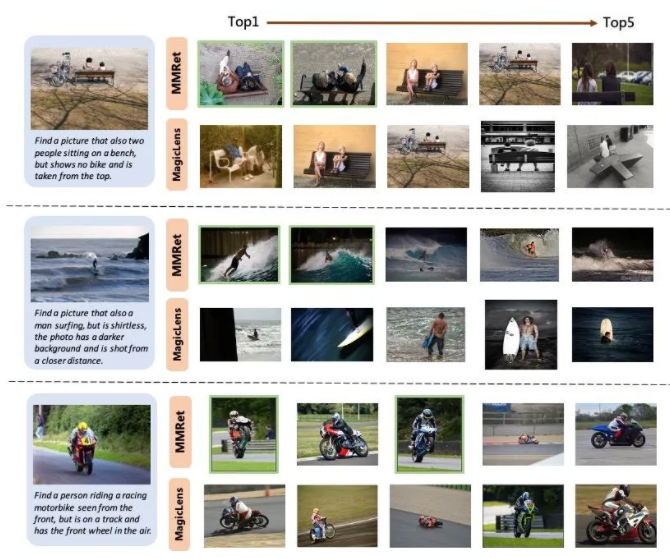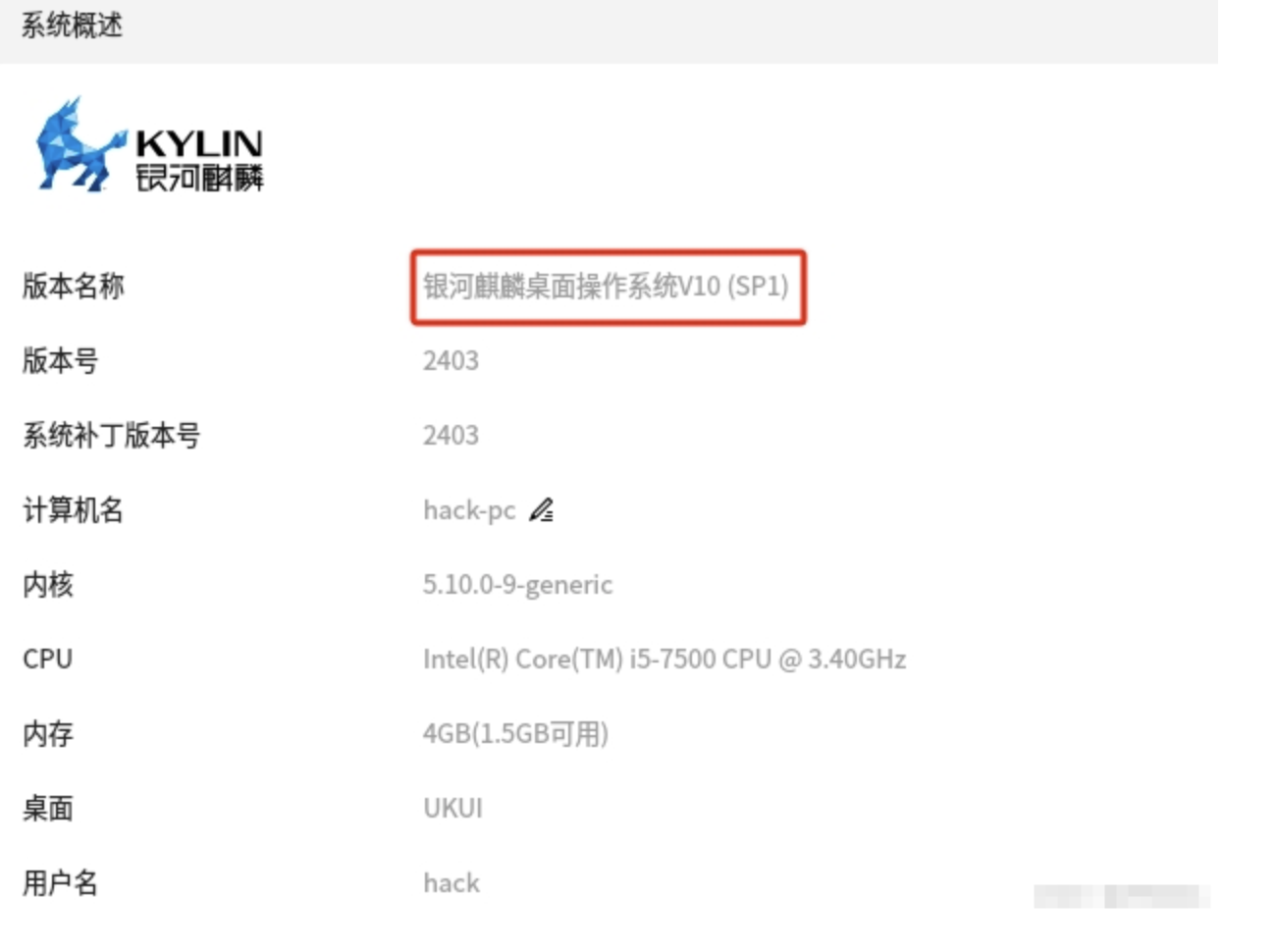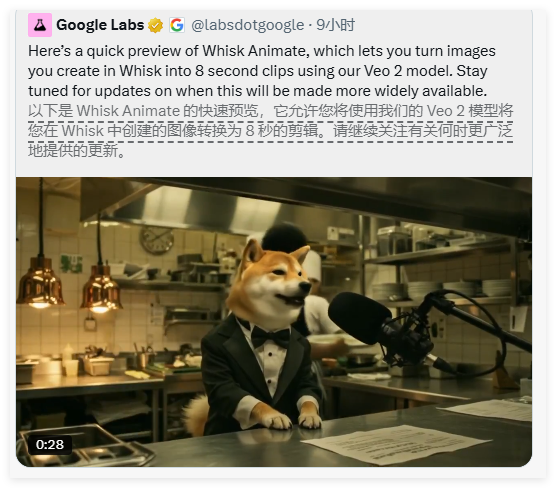At the recent CES exhibition, Google announced that it would introduce Gemini AI integration functions to its Google TV to improve the intuitiveness and convenience of user interaction with the TV. The update, scheduled to roll out this year, will allow users to search for content directly by voice without having to say "Hey, Google," significantly improving the user experience.
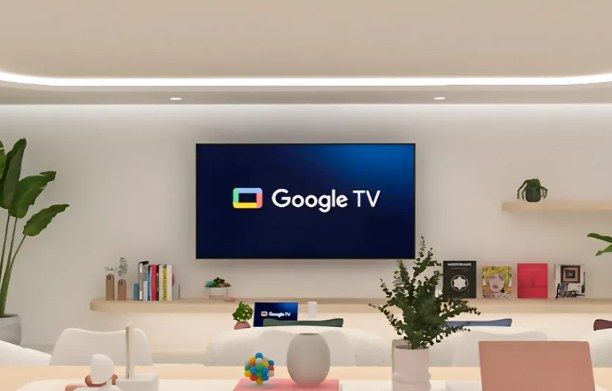
Note: The picture comes from Google official
The new feature allows users to search in natural terms, such as asking "What are the latest Disney movies?" In addition, users can ask broader questions, such as "What are the best places to travel to Asia in the summer?" Google TV displays relevant results from YouTube based on the query. At the same time, users can interact with smart home devices through smart voice assistants, such as viewing video doorbell images, adjusting lights, etc.
In order to achieve these functions, Google will also configure far-field microphones for TVs using its operating system, so that users can control the TV through voice commands without speaking into the remote control. In addition, Google TV will be equipped with proximity sensors that can display personalized information widgets, such as weather forecasts or news stories, when the user is close to the TV.
It’s worth mentioning that Google isn’t the only company bringing artificial intelligence technology to TVs. LG and Samsung also stated that they will cooperate with Microsoft to introduce the C opilot assistant into their own TV products to further promote the intelligent development of TVs.
The launch of this new technology will make the home entertainment experience more intelligent and convenient, allowing users to obtain information more easily and enjoy richer content.

